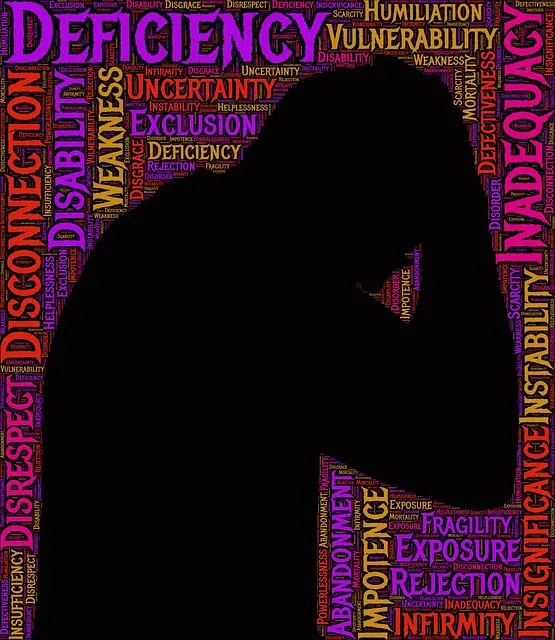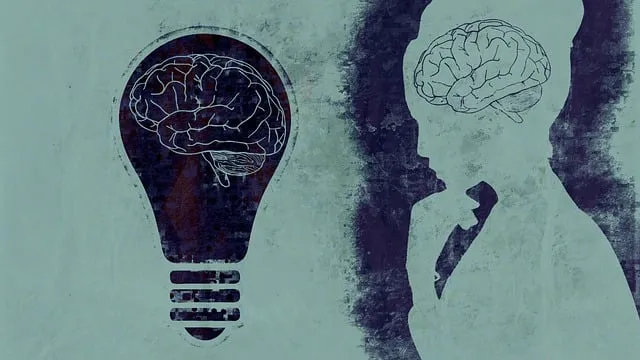Centennial Kaiser mental health classes offer accessible, evidence-based self-assessment tools to break down barriers to mental wellness resources. Combining scientific precision with compassion, their holistic approach emphasizes tailored interventions for emotional regulation, stress management, and cognitive functioning. Through active participation and group discussions, these classes foster self-awareness, empathy, and resilience, empowering individuals to navigate life's challenges effectively.
Mental wellness is a vital aspect of overall well-being, yet assessing and understanding individual needs remain challenging. This article explores the development of self-assessment tools designed to support mental health awareness and management. We delve into the growing importance of such tools in various settings, including educational institutions. Specifically, we discuss designing effective evaluation techniques inspired by the Centennial Kaiser methodology, showcasing its potential to enhance mental wellness classes and foster proactive student well-being.
- Understanding the Need for Self-Assessment Tools
- Designing Effective Mental Health Evaluation Techniques
- Integrating Centennial Kaiser Methodology in Mental Wellness Classes
Understanding the Need for Self-Assessment Tools

In today’s fast-paced world, mental health awareness has taken center stage, emphasizing the need for accessible tools to support individual well-being. Self-assessment plays a pivotal role in this context, offering individuals a means to gain valuable insights into their Mental Wellness and take proactive steps towards improving their overall mental health. Tools like those developed by Centennial Kaiser Mental Health Classes cater to this growing demand, providing practical frameworks for self-reflection and evaluation.
By incorporating these assessments, individuals can better understand their emotional states, thought patterns, and behaviors, fostering a deeper sense of self-awareness. This, in turn, promotes Resilience Building and equips people with the knowledge to seek appropriate support or make necessary lifestyle adjustments. The development of such tools is crucial in breaking down barriers to accessing mental health resources, ensuring that more people can take charge of their Mental Wellness journey.
Designing Effective Mental Health Evaluation Techniques

Designing effective mental health evaluation techniques is a multifaceted process that integrates both scientific rigor and empathy. Tools developed should align with evidence-based practices, incorporating assessments that gauge various aspects of mental wellness, including emotional regulation, stress management, and cognitive functioning. The Centennial Kaiser mental health classes offer valuable insights into this domain, emphasizing the importance of tailored interventions.
For instance, integrating Mood Management strategies within these evaluations can significantly enhance their effectiveness. By assessing an individual’s ability to manage and stabilize moods, professionals gain crucial insights into potential triggers and coping mechanisms. This, in turn, fosters a deeper understanding of mental health challenges, enabling more personalized Mental Wellness plans that address core issues. Mental Health Awareness is not just about identifying disorders; it’s about recognizing the nuances of human emotional experiences and providing support systems that promote resilience.
Integrating Centennial Kaiser Methodology in Mental Wellness Classes

The Centennial Kaiser Methodology offers a holistic approach to mental wellness education that can greatly enhance learning in classes focused on these crucial topics. By integrating this method, instructors can facilitate engaging and interactive sessions that cater to diverse student needs. Through active participation and group discussions, students are encouraged to explore their emotions, build empathy for others, and develop inner strength. This approach not only promotes self-awareness but also equips individuals with effective coping skills, fostering a supportive learning environment.
Centennial Kaiser mental health classes emphasize the power of connection and understanding. The curriculum involves strategic activities aimed at enhancing communication, encouraging vulnerability, and nurturing emotional resilience. These empathy-building strategies create a safe space for students to share experiences, which can lead to profound personal growth. By combining theoretical knowledge with practical exercises, participants gain valuable insights into their mental wellness journey while learning effective techniques to navigate life’s challenges.
The development of robust mental wellness self-assessment tools is a pivotal step towards fostering better mental healthcare. By integrating techniques like the Centennial Kaiser methodology into mental health classes, we can enhance evaluation accuracy and personalise support. This holistic approach ensures that individuals receive tailored guidance, promoting proactive mental well-being management. Effective self-assessment tools are game changers, enabling folks to navigate their mental health journeys with greater clarity and resilience.






